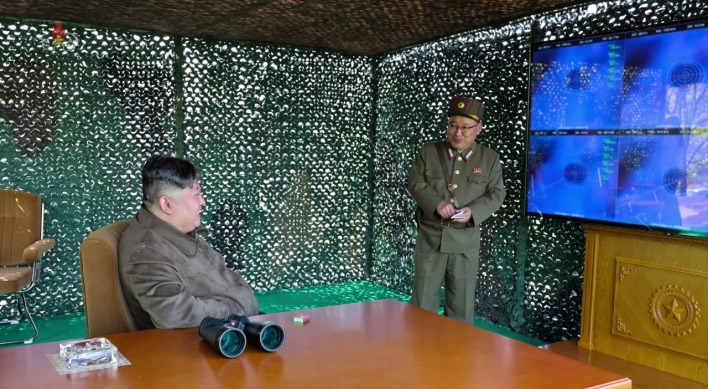Free trade pacts with EU, U.S. spark heated competition to offer value for money
Korean and foreign carmakers are battling to lower vehicle prices amid lackluster domestic consumption.
Their drive for lower prices is also sparked by the nation’s free trade agreements with Europe and the U.S., which took effect on July 1, 2011 and March 15, 2012, respectively.
Hyundai Motor’s discounts range between 200,000 won ($175) and 1 million won.
The nation’s largest carmaker is offering a 1 million won discount for purchasers of the Santa Fe, a sports utility vehicle.
Hyundai’s discount for the Tucson ix rose to 500,000 won in March from 300,000 won a month earlier.
In addition, owners of import vehicles are enjoying discounts of 1 million won when they buy Hyundai’s Equus and Genesis sedans.
The company also offers the import vehicle owners a discount of 300,000 won when they buy the Grandeur and Sonata sedans and Veracruz SUV.
Korean and foreign carmakers are battling to lower vehicle prices amid lackluster domestic consumption.
Their drive for lower prices is also sparked by the nation’s free trade agreements with Europe and the U.S., which took effect on July 1, 2011 and March 15, 2012, respectively.
Hyundai Motor’s discounts range between 200,000 won ($175) and 1 million won.
The nation’s largest carmaker is offering a 1 million won discount for purchasers of the Santa Fe, a sports utility vehicle.
Hyundai’s discount for the Tucson ix rose to 500,000 won in March from 300,000 won a month earlier.
In addition, owners of import vehicles are enjoying discounts of 1 million won when they buy Hyundai’s Equus and Genesis sedans.
The company also offers the import vehicle owners a discount of 300,000 won when they buy the Grandeur and Sonata sedans and Veracruz SUV.
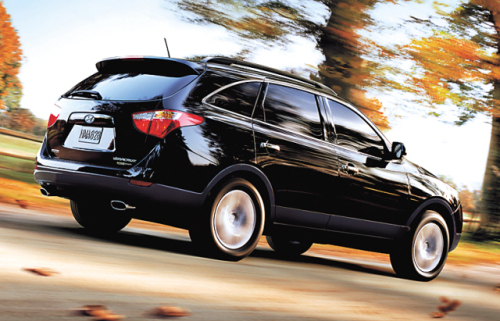
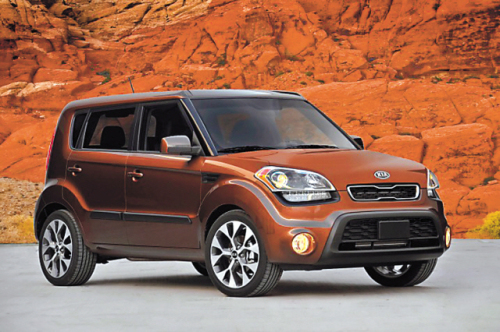
Kia Motors, an affiliate of Hyundai Motor, has formed a business alliance with SK Telecom under which Kia car buyers are given a new smartphone for free and an oil refueling certificate worth 100,000 won.
Buyers of Kia’s Forte, Soul and K7 hybrid are enjoying a 50 percent discount when they purchase home appliances of Samsung Electronics.
GM Korea, Renault Samsung Motors and Ssangyong Motor have joined the trend by offering discounts or other benefits.
Under the Korea-EU FTA, German automakers operating here lowered prices by 1-2 percent in consideration of lower tariffs on their imports.
Korea had levied an 8 percent tariff on European cars but the FTA requires them to be entirely tariff-free by 2016.
BMW Group Korea has lowered car prices by 1.43 percent, which is about 900,000 won off the BMW 528i sedan priced at 67.9 million won.
Mercedes-Benz Korea made price cuts of 1.44 percent, or 1 million won, to the E300 Elegance sedan.
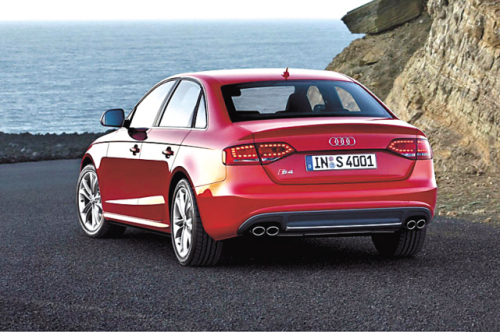
Audi Korea cut 1.41 percent, or 700,000 won, off the A4 2.0 TFSI Quattro and Volkswagen cut prices for the Golf and CC models.
Other European players, including Peugeot and Jaguar-Land Rover, followed suit in the local market.
Under the Korea-U.S. FTA, General Motors, which owns GM Korea, recently decided to slash the prices of all Cadillac models by up to 3.5 percent, reflecting the tariff cut.
Ford Motor has lowered the price of the Fusion Hybrid by 4.7 million won to 42.9 million won.
Chrysler Group, which owns three affiliated brands ― Chrysler, Jeep and Dodge ― is striving to diversify models to expand its presence here.
While the import car industry posted robust sales in Korea, Hyundai-Kia and three other players ― GM Korea, Renault Samsung and Ssangyong Motor ― that have manufacturing factories in Korea are suffering a drop in sales at home.
Experts attributed the overall drop in domestic sales to economic slowdown and weakened purchasing power of Korean consumers.
The Korea Automotive Research Institute has forecast that car sales at home in 2012 will hit 1.58 million units, down 1.1 percent from a year earlier.
The research center cited snowballing household debt among Koreans and economic slowdown in its prediction.
“Auto sales have continued to increase over the past few years,” it said. “But the sales will fall in 2012 for the first time since 2009.”
Recently, drivers’ priorities are shifting amid skyrocketing oil prices and lower fuel efficiency of gasoline-powered cars.
According to the Korea Automobile Importers and Distributors Association, 35.2 percent of import vehicles sold in the Korean market last year were diesel-powered.
That figure is a rise from 25.4 percent a year earlier.
The number of imported diesel car registrations reached 36,931 units in 2011, up 60.5 percent from 23,006 units in 2010.
Sales of imported gasoline vehicles in the Korean market contracted from 65,269 units in 2010 to 64,181 units in 2011.
Average gasoline pump prices at gas stations nationwide posted a record-high 1,929.26 won per liter in 2011, up 12.8 percent from the previous year’s 1,710.41 won per liter.
The diesel model of Hyundai Motors’ i40 sedan is drawing growing interest among car consumers, as it is capable of 18 kilometers per liter.
The European-style midsize sedan, which was introduced in the local market in January, has already posted outstanding sales in European markets including Germany.
In case of Kia Motors, its hybrid-version of the K5, or Optima in the U.S., was registered in the Guinness Book of Records by recently posting about 27.5 kilometers per liter in fuel efficiency.
By Kim Yon-se (kys@heraldcorp.com)



![[AtoZ into Korean mind] Humor in Korea: Navigating the line between what's funny and not](http://res.heraldm.com/phpwas/restmb_idxmake.php?idx=644&simg=/content/image/2024/04/22/20240422050642_0.jpg&u=)



![[Herald Interview] Why Toss invited hackers to penetrate its system](http://res.heraldm.com/phpwas/restmb_idxmake.php?idx=644&simg=/content/image/2024/04/22/20240422050569_0.jpg&u=20240422150649)

![[Graphic News] 77% of young Koreans still financially dependent](http://res.heraldm.com/phpwas/restmb_idxmake.php?idx=644&simg=/content/image/2024/04/22/20240422050762_0.gif&u=)




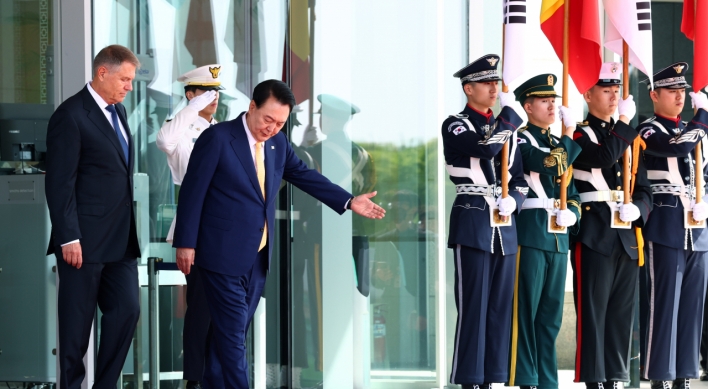
![[Exclusive] Korean military to ban iPhones over security issues](http://res.heraldm.com/phpwas/restmb_idxmake.php?idx=652&simg=/content/image/2024/04/23/20240423050599_0.jpg&u=)
